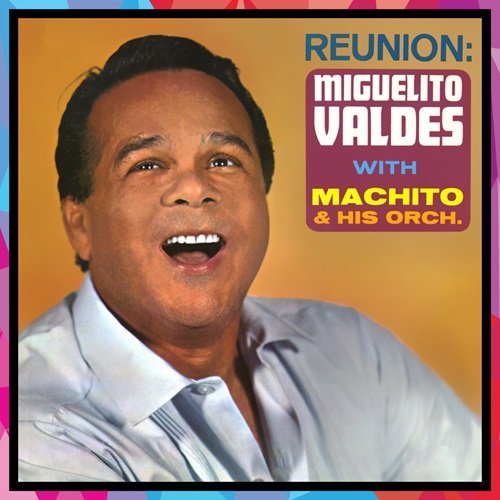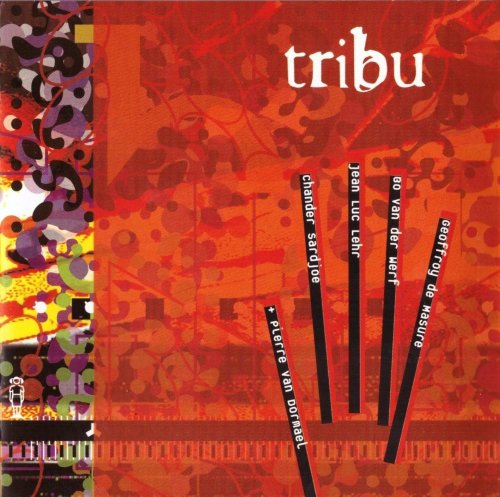Orchestre de Cannes, Wolfgang Dörner - Auber: Overtures, Vol. 1 (2016) [Hi-Res]
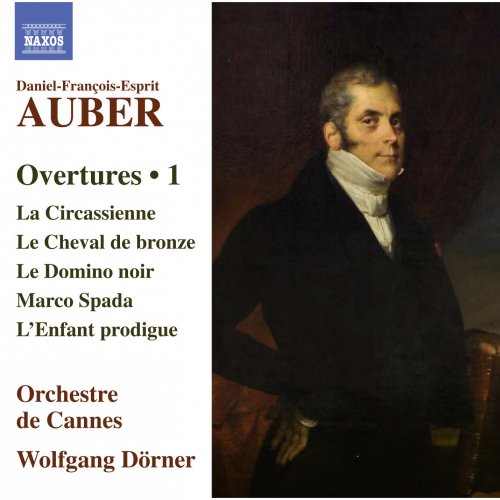
Artist: Orchestre de Cannes, Wolfgang Dörner
Title: Auber: Overtures, Vol. 1
Year Of Release: 2016
Label: Naxos
Genre: Classical
Quality: flac lossless (tracks) / flac 24bits - 96.0kHz +Booklet
Total Time: 01:03:47
Total Size: 280 mb / 1.1 gb
WebSite: Album Preview
TracklistTitle: Auber: Overtures, Vol. 1
Year Of Release: 2016
Label: Naxos
Genre: Classical
Quality: flac lossless (tracks) / flac 24bits - 96.0kHz +Booklet
Total Time: 01:03:47
Total Size: 280 mb / 1.1 gb
WebSite: Album Preview
01. La circassienne, S. 48: Overture
02. Le cheval de bronze, S. 25: Overture
03. Le domino noir, S. 30: Overture
04. Fra Diavolo, S. 18: Overture
05. La fiancée, S. 17: Overture
06. Les diamants de la couronne, S. 34: Overture
07. Marco Spada, S. 43: Overture
08. L'enfant prodigue, S. 41: Overture
![Orchestre de Cannes, Wolfgang Dörner - Auber: Overtures, Vol. 1 (2016) [Hi-Res]](https://www.dibpic.com/uploads/posts/2021-09/1631031262_orchestre-de-cannes-wolfgang-dorner-auber-overtures-vol_-1-2016-back.jpg)
The Orchestre de Cannes under its Austrian conductor, Wolfgang Dörner, has recorded for Naxos a variety of works that have been almost forgotten, but that an audience of the 19th century would have known well in many cases. The orchestra's releases may be recommended for this reason alone, although the performances, which are nothing if not dry, may not be to everyone's taste. Consider this, the first in a series devoted to the opera overtures of Daniel Auber. (The prolific Auber wrote 48 operas in all, so this could be a substantial series depending on comprehensiveness.) Auber was influenced by Rossini, by the late heroic operas in particular, and the overture to Fra Diavolo (1830) has often enough served as a substitute performed for audiences who have heard too much William Tell. You can sample that to see if Dörner's approach is too laid-back for you; the theme of quiet, catlike tension followed by a heroic flourish is pure Rossini. The other overtures, much less often heard, often inflect the Rossini style in distinctively French ways. All are worth hearing, and there isn't a dull moment over the hour-plus of music here. If you're thinking you're going to get the kind of performance Neeme Järvi or Charles Dutoit might have recorded with a major symphony orchestra, sample extensively; this is a more chamber-sized performance. It is possibly more authentic, however, and it can be recommended to anyone curious about Auber.
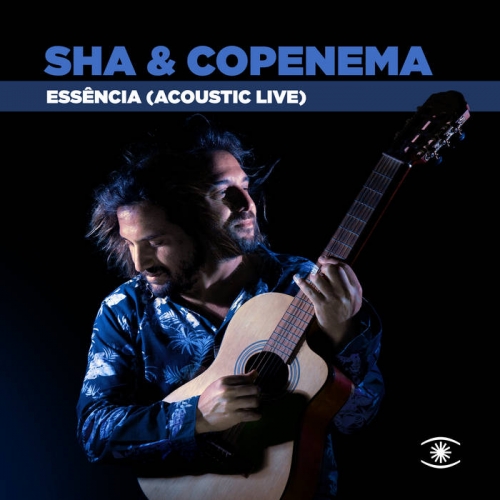
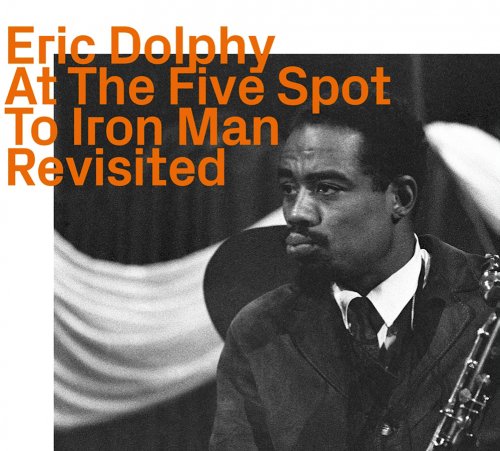

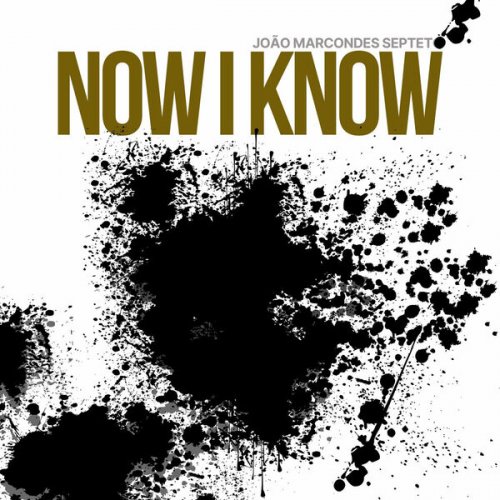
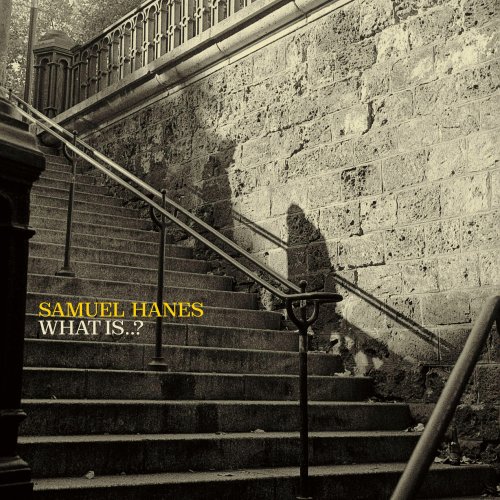
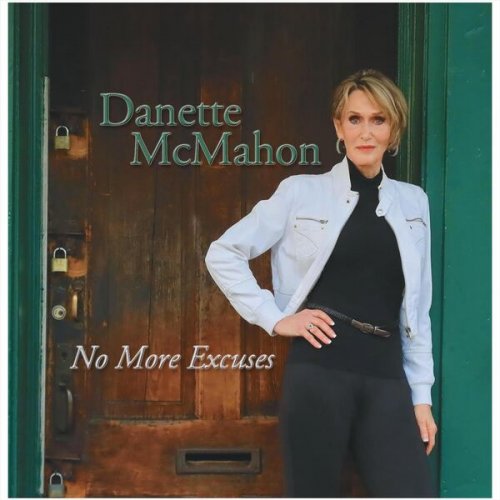
![Peter Appleyard Orchestra - Percussive Jazz (Remastered) (19602025) [Hi-Res] Peter Appleyard Orchestra - Percussive Jazz (Remastered) (19602025) [Hi-Res]](https://www.dibpic.com/uploads/posts/2026-02/1770205711_papj500.jpg)
